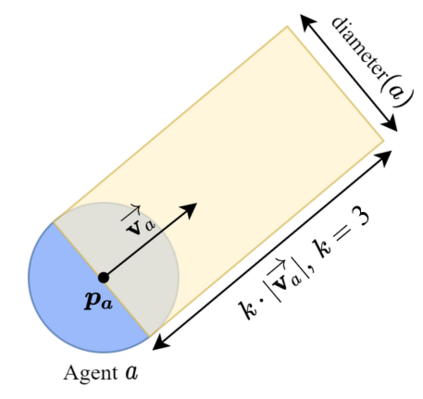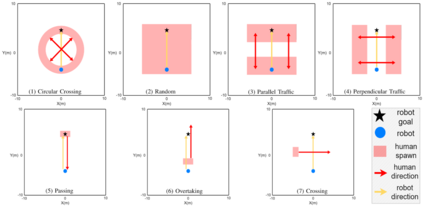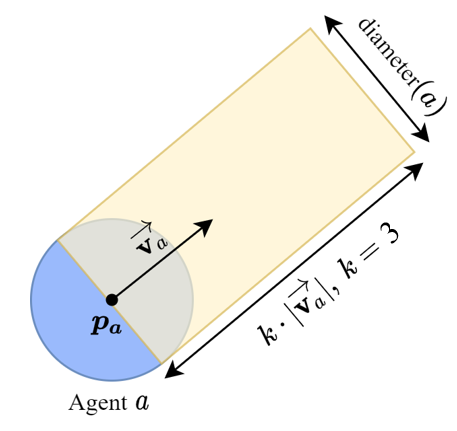Recent protocols and metrics for training and evaluating autonomous robot navigation through crowds are inconsistent due to diversified definitions of "social behavior". This makes it difficult, if not impossible, to effectively compare published navigation algorithms. Furthermore, with the lack of a good evaluation protocol, resulting algorithms may fail to generalize, due to lack of diversity in training. To address these gaps, this paper facilitates a more comprehensive evaluation and objective comparison of crowd navigation algorithms by proposing a consistent set of metrics that accounts for both efficiency and social conformity, and a systematic protocol comprising multiple crowd navigation scenarios of varying complexity for evaluation. We tested four state-of-the-art algorithms under this protocol. Results revealed that some state-of-the-art algorithms have much challenge in generalizing, and using our protocol for training, we were able to improve the algorithm's performance. We demonstrate that the set of proposed metrics provides more insight and effectively differentiates the performance of these algorithms with respect to efficiency and social conformity.
翻译:由于对“社会行为”的定义多种多样,培训和通过人群评估自主机器人导航的近期协议和衡量标准不一致。这使得很难(如果不是不可能的话)有效地比较已公布的导航算法。此外,由于缺乏良好的评估程序,由此产生的算法可能无法概括,因为缺乏培训的多样性。为弥补这些差距,本文件通过提出一套一致的衡量标准,说明效率和社会一致性,以及由多种复杂程度不同的人群导航方案组成的系统协议,促进更全面地评价和客观地比较人群导航算法。我们测试了本协议下四种最先进的算法。结果显示,一些最先进的算法在普及和运用我们的培训程序方面存在很大挑战,我们能够改进算法的绩效。我们证明,这套拟议的衡量标准提供了更深入的见解,并有效地区分了这些算法在效率和社会一致性方面的表现。





